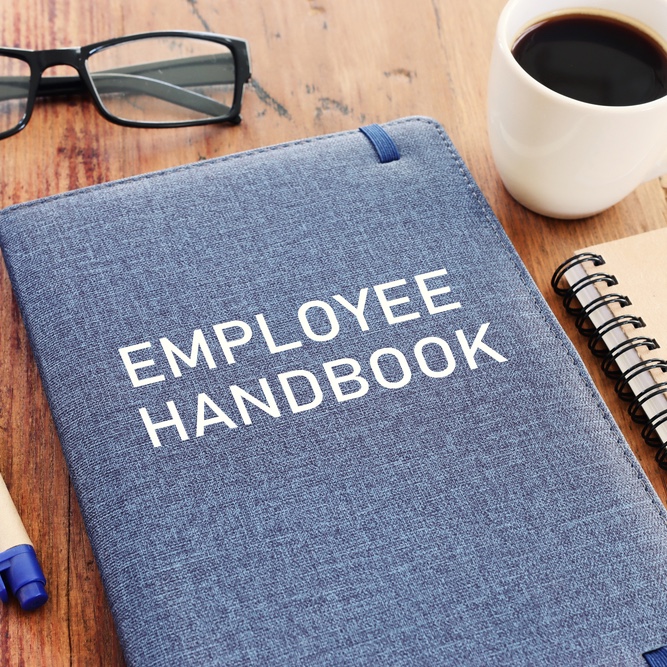Understanding California AB 2188 – Cannabis Use
The enactment of Assembly Bill No. 2188 in California marks a significant shift in employment law, particularly in how employers address cannabis use among employees. As HR leaders, staying abreast of these changes is crucial to ensuring compliance, fostering an inclusive workplace, and maintaining a positive employee-employer relationship. This article breaks down the main features of the law, its impact on the workforce, and the necessary steps for employers to remain compliant.
Key Features
Effective January 1, 2024, AB 2188 introduces protections for employees against discrimination based on cannabis use outside of the workplace. Here are the critical aspects of the bill:
Non-Discrimination for Off-the-Job Cannabis Use: Employers are prohibited from discriminating against employees or job applicants based on their use of cannabis during non-working hours and away from the workplace premises.
Exclusion of Non-psychoactive Cannabis Metabolites in Drug Screening: The law specifies that employment decisions cannot be based on the presence of non-psychoactive cannabis metabolites detected through drug screenings, which includes tests conducted on hair, blood, urine, or other bodily fluids.
Scientifically Valid Preemployment Drug Screening: Employers may still conduct preemployment drug screenings, provided these tests are scientifically valid and do not screen for non-psychoactive cannabis metabolites.
Exemptions and Federal Compliance: The bill exempts certain positions, such as those in the building and construction trades and roles requiring federal background checks or security clearances. It also does not supersede state or federal regulations mandating controlled substance testing under specific conditions.
Impact on Employers and Employees
For employers, particularly in sectors not subject to federal drug-free workplace requirements, this law necessitates a revision of drug testing policies and employment practices to ensure they do not unfairly target cannabis users who consume the substance legally outside of work hours.
Employees, on the other hand, will benefit from greater job security and freedom, as the law acknowledges the distinction between off-duty legal activities and workplace responsibilities.

Compliance Strategies for HR Leaders
To align with AB 2188, HR professionals should consider the following steps:
Policy Review and Update: Examine existing drug testing and employment policies to remove any provisions that unfairly penalize employees for off-the-job cannabis use.
Educational Initiatives: Educate management and staff on the changes to the law to foster an understanding of the new protections for employees and the implications for workplace conduct.
Implement Impairment-Based Testing: Consider adopting or enhancing impairment testing methods that accurately reflect an employee’s ability to perform their job safely and effectively, rather than relying solely on the presence of cannabis metabolites.
Documentation and Training: Update employment handbooks, training materials, and HR protocols to reflect these changes. Ensure that all documentation clearly communicates the company’s updated stance on cannabis use and drug testing.
Legal Consultation: Engage with legal experts to ensure that all policy updates and testing practices comply with AB 2188 while also meeting any applicable federal requirements.
At The PJF Group, we can help you achieve compliance on this new law. Contact us today to learn more.
Assembly Bill No. 2188 represents a thoughtful approach to balancing employee rights with workplace safety and productivity. By recognizing the need to adapt to changing societal norms around cannabis use, California sets a precedent for other states to follow. For HR leaders, this law presents an opportunity to lead with empathy and inclusiveness, ensuring policies reflect respect for employees’ rights while safeguarding the workplace’s integrity and safety.
Be sure to connect with Julie on LinkedIn!
